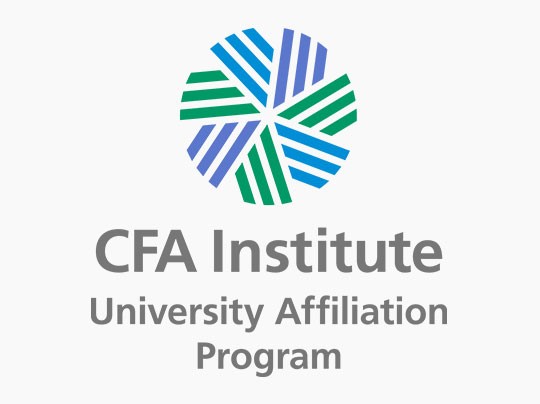Accountancy, M.S.
Our M.S. Accountancy graduates begin their careers at the largest professional service firms and corporations in the world, at state and federal agencies and well-respected regional and local CPA firms.
Business Analytics, M.S.
The M.S. Business Analytics is an online program available full or part-time designed for those who currently work in or wish to begin a career in business analytics.
Business Administration, MBA (Online)
Develop the analytical and quantitative skills you need for effective business decision making and organizational management. Advance your career by completing this world-class program in as few as 12 months.





 The STEM-designated,
The STEM-designated, 


